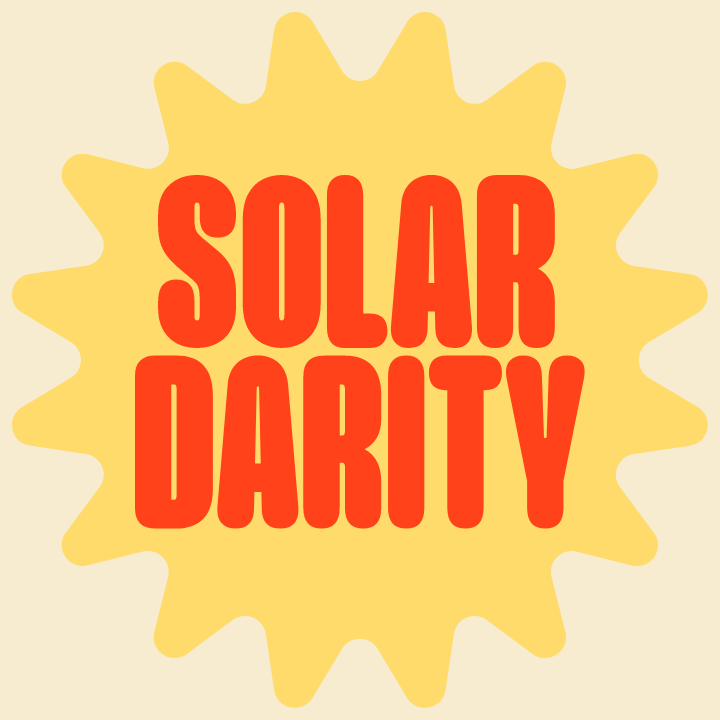About “Make Rojava Green Again”
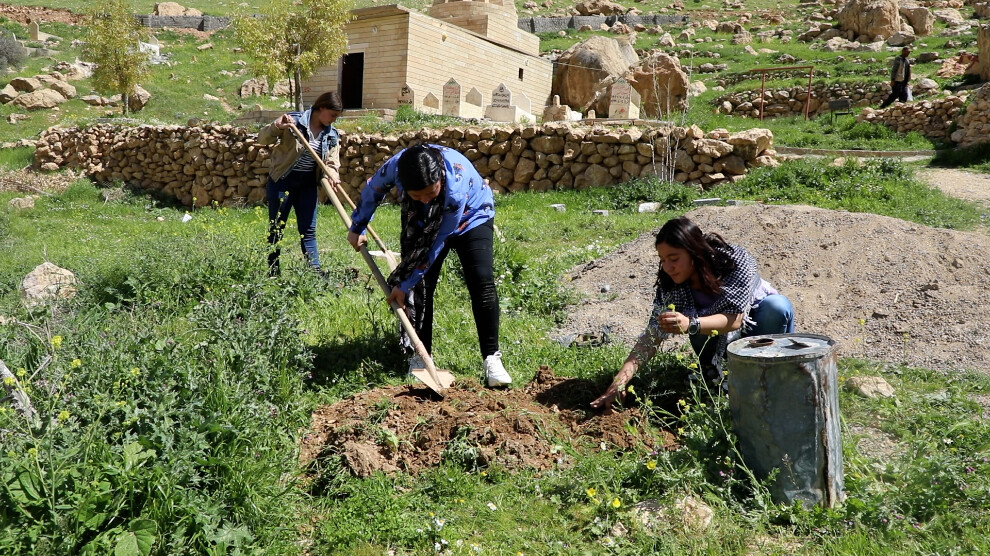
Our contribution to the ecological revolution:
We, the Internationalist Commune of Rojava, want to contribute to the ecological revolution in Northern Syria. To this end, we have started the campaign “Make Rojava Green Again”, in cooperation with the Ecology Committee of the Cizire Canton.
The first practical project of the campaign has been the construction of the Internationalist Commune campsite and it’s academy with ecological ethos. Today, all the buildings are finished, hundreds of trees have been planted and our academy – the Academy Şehîd Hêlîn Qereçox, named in honor of our internationalist fallen comrade Anna Campbell – already saw many different educations pursuing its role of introducing internationalists to Rojava as well as creating a place of reflection and discussion on the topic of ecology. The practical work continues on the site through taking care of the garden as well as maintaining the different young orchards installed in the last years. Through the practical work and the ideological discussions, the ultimate goal is to strengthen awareness and environmental consciousness, pushing to build up a free and ecological society.
Our activities:
- Joining the work of the Autonomous Administration of North-Eastern Syria in ecological projects for reforestation and for the installation of ecological gardens in Dêrik and nearby villages.
- Participating in projects for the development of renewable energy, as the installation of solar panels
- Helping for material support for ongoing and future ecological projects of the Democratic Self-administration, including sharing of knowledge between activists, scientists and experts with committees and structures in Rojava, developing a long-term perspective for an ecological Northern Syria Federation.
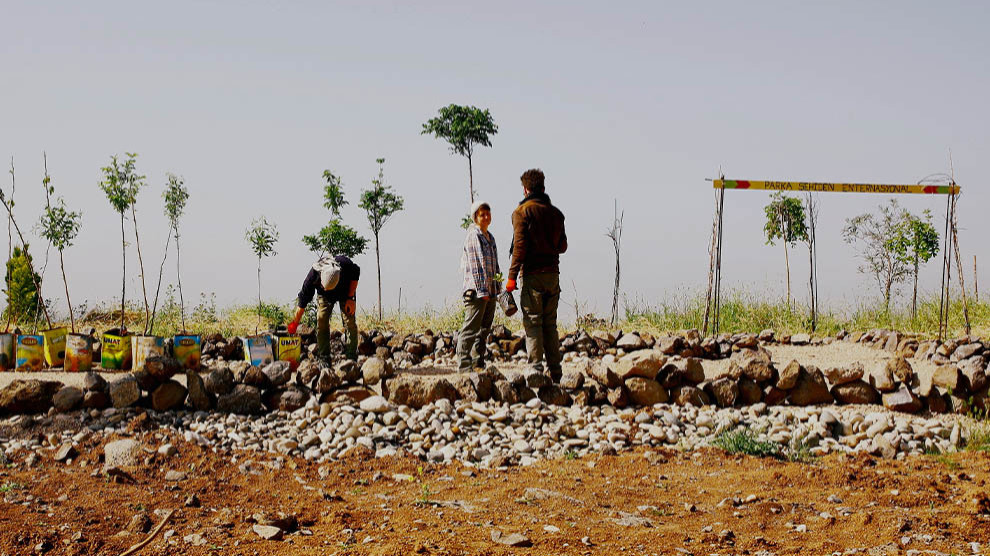
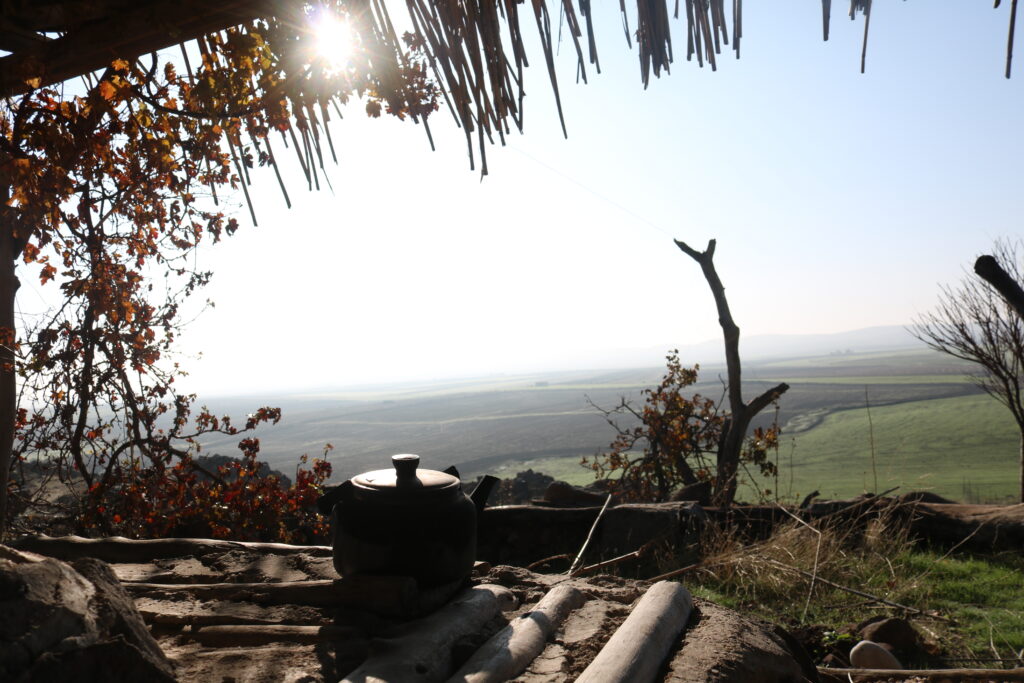
Contact us:
Dêrik (al-Malikiyia)
Rojava, Federation of Northern and Eastern Syria
E-Mail: [email protected]
“The Internationalist Commune comprises a group of people from all corners of the world who have come to Rojava to lend their support and expertise, their ideas, and, most importantly (and quite literally), their hands. They want to build a society that promotes a healthy and harmonious future for the people of this region and the natural resources on which they depend. Thrillingly, they invite you to join them: in building the Academy that will serve to introduce foreigners to life in Rojava, and in sustaining the projects they have already begun. I expect that, like me, you will be impelled by the sense of hope, possibility, and utopian vision that Rojava represents to the Middle East and rest of the world. Share this vision with friends, lend your expertise, and support Rojava’s Internationalist Commune.
Help bring a new world into being in Rojava. And spread its vision: that a free, ecological society is possible everywhere.”
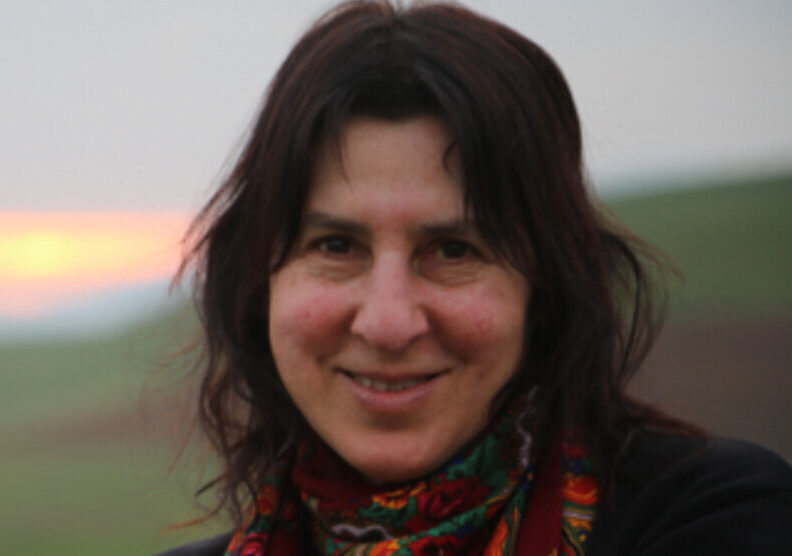
Debbie Bookchin
In the foreword of the book: Make Rojava Green Again (2018)Challenges we face

Water-crisis: An attack to the soil
The supply of water for both household and agricultural
use is one of the central problems in Rojava. Climate change
has meant less rain and a shortening of the rainy season.
Since the1990s, precipitation in the Cizîrê region has fallen by around 10 to 15 per cent. In addition the Turkish state is misusing the rivers, which originate in occupied northern Kurdistan, as a weapon. The policy of cutting off the water supply to Rojava severely restricts daily life. Many farmers can barely survive anymore by their traditional way of living. Especially the families in the city of Heseke face threatening water-shortages every summer ever since the Turkish state occupied the cities water-source in the invasion of Serê Kaniyê in 2019. The consequent heavy use of wells, has seen the groundwater level drop significantly in recent decades.

Monoculture: Colonialism against nature
The results of the capitalist mentality and state violence against society and the environment are clearly visible in Rojava; the Baath regime was and remains uninterested in an ecological society throughout all of Syria. The regime always focused on maximum resource exploitation and high agricultural production rate at the expense of environmental protection, especially in colonized West Kurdistan. Systematic deforestation made monoculture possible: wheat in Cizire Canton, olives in Afrin, and a mixture of both in Kobani have altered the landscape of Rojava. For several decades it was forbidden to plant trees and vegetables, and the population was encouraged by repressive politics and deliberate underdeveloppment of the region to migrate as cheap labour to nearby cities like Aleppo, Raqqa and Homs.

Embargo: Borders to strangle the revolution
The attempts of the Turkish and Syrian regimes to strangle the revolution in Rojava by military, political and economic attacks, the war against ISIS, and the embargo, supported by the South Kurdish KDP, are creating difficult circumstances for ecological projects in Rojava. Although there are many current projects, including reforestation, creation of natural reserves and environmentally-friendly waste disposal facilities, the infrastructure of the Democratic Self-Administration is still in a difficult material situation, making these goals harder to achieve. The projects of most regional committees are either just beginning or in the planning stage. The ecological revolution, within the larger revolution, is still in its infancy. It lacks environmental consciousness among the population, expert knowledge, necessary technology, and a connection to solidarity from abroad.
Cooperationpartners
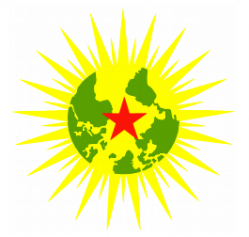
Internationalist Commune
The Internationalist Commune is our organizational structure within the self-administration in Rojava.
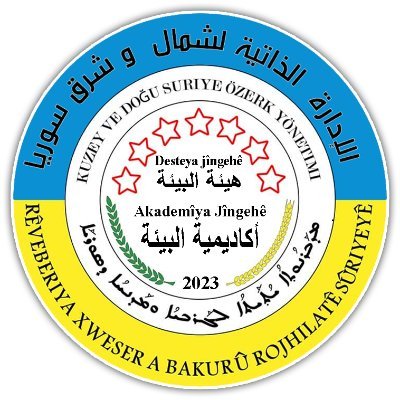
Desteya Jîngehê
Make Rojava Green Again is organized in partnership with the Ecological Committee of Rojava.
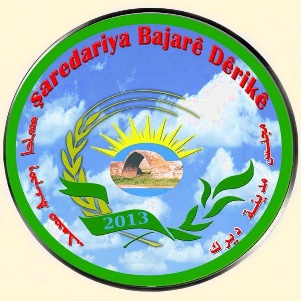
Şaredariya Dêrik
We work together with the municipality of the town of Dêrik in canton of Cizîrê
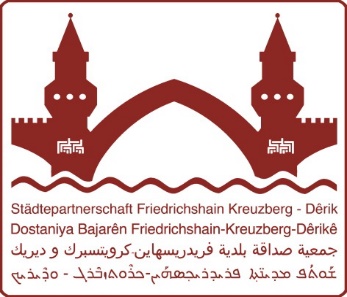
Dostaniya Bajarên Berlin- Kreuzberg & Dêrik
For local projects we cooperate with the citypartnership Berlin-Kreuzberg & Dêrik

